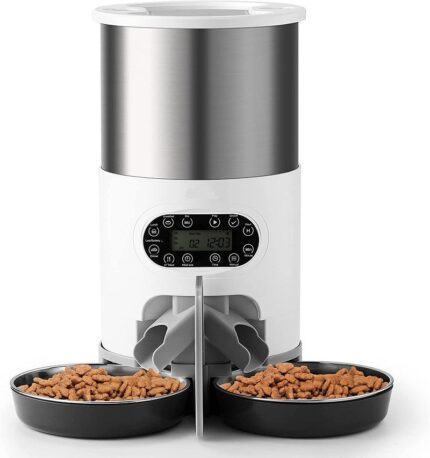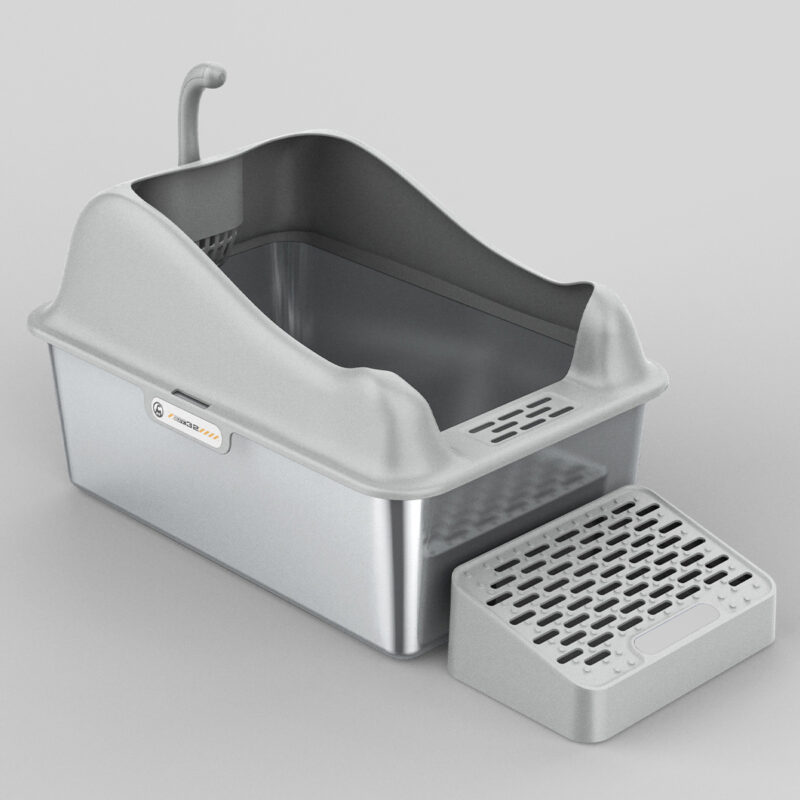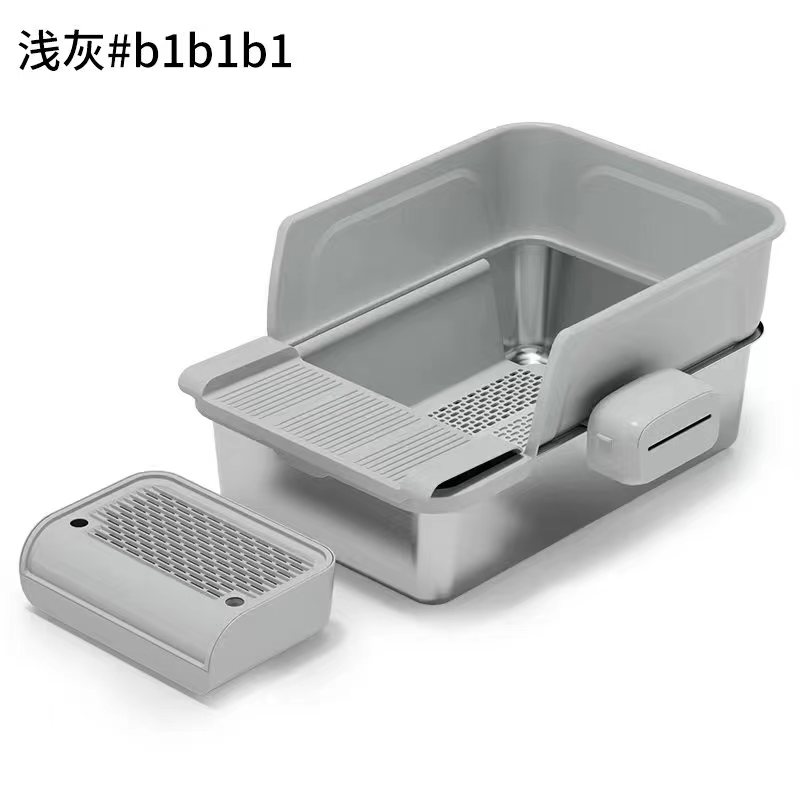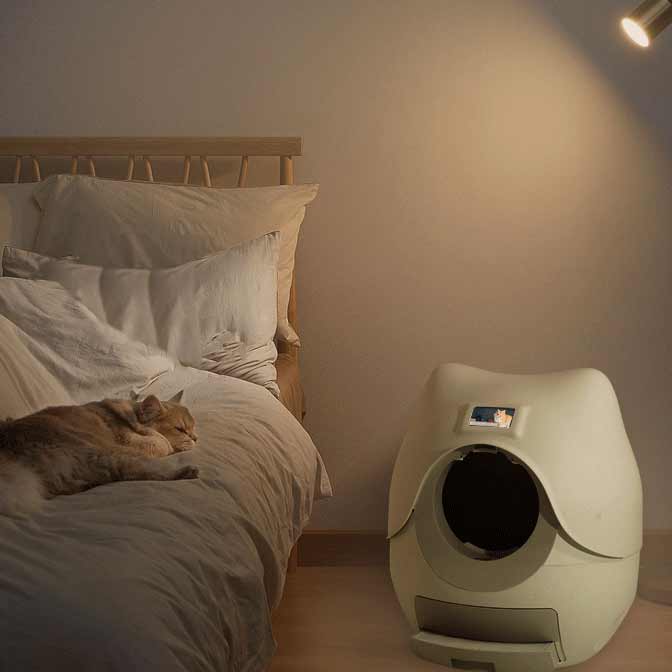Pet cats and dogs are our companions and friends in life, and their health and happiness are closely tied to ours. The right feeding practices not only affect their health but also reflect our responsibility as pet owners. Below is a comprehensive guide to feeding pet cats and dogs, helping you become a responsible pet parent.
1. Ensure Understanding of Their Dietary Needs:
Cats and dogs have different dietary requirements. Cats are obligate carnivores, needing high protein, low carbohydrate foods such as chicken and fish. Dogs, on the other hand, are omnivores, requiring a balanced intake of protein, carbohydrates, and fats, found in foods like chicken and brown rice.
2. Timely Feeding Is Crucial:
Scheduled feeding is crucial for pet health. Establish a fixed feeding schedule, avoiding overfeeding or underfeeding. In multi-pet households, feed pets separately to prevent competition.
3. Keep Water Intake Adequate:
Ensure pets have access to clean water at all times, especially in hot weather. Regularly replace water sources to maintain cleanliness and freshness.
4. Prohibit Feeding Human Food:
Human food can be toxic or even lethal to pets. Foods like chocolate, onions, and garlic contain substances harmful to them, so it’s absolutely forbidden to feed them.
5. Provide Treats in Moderation:
Moderate treats can serve as rewards but should not be excessive. Opt for treats specifically designed for pets, ensuring balanced nutrition while controlling portion sizes.
6. Address Special Needs:
If pets have specific health issues or dietary restrictions, follow veterinary advice for feeding. They may require special dietary formulas or nutritional supplements.
7. Regular Observation and Adjustment:
Regularly observe pets’ weight, coat, and overall demeanor, adjusting diet as needed. Seek medical attention promptly if any abnormalities occur.
8. Consider Age and Life Stage:
Pets’ age and life stage significantly impact their dietary needs. Kittens and puppies require more nutritional support for growth, while senior pets may need more attention to maintaining health and reducing obesity.
9. Pay Attention to Weight Management:
Weight management is crucial for pet health. Obesity increases the risk of illness and affects their quality of life. Measure pets’ weight regularly, adjusting diet and exercise as necessary to maintain their ideal weight.
10. Provide Adequate Exercise:
Besides proper diet, adequate exercise is key to pet health. Provide sufficient outdoor or indoor activities according to pets’ species and personalities, promoting their physical and mental well-being.
11. Schedule Regular Veterinary Checks:
Regular veterinary checks are essential for pet health. Veterinarians can assess pets’ health and provide professional advice and treatment. Regular veterinary visits also aid in early detection and treatment of potential health issues.
12. Establish Good Eating Habits:
Pets, like humans, require good eating habits to maintain health. Avoid overfeeding or feeding unhealthy snacks, fostering good eating habits to help pets maintain a healthy weight and digestive system.
13. Care for Oral Health:
Oral health is equally important. Regular tooth brushing and providing chew toys can help reduce the risk of dental calculus and oral diseases, ensuring pets’ fresh breath and healthy teeth.
By following these guidelines, you can better understand how to properly feed and care for your pet cats and dogs. Compassionate care is not just about providing food but also involves comprehensive health management and nurturing. Let’s work together to provide a healthy, happy living environment for our furry companions.
Following are several products which you can use for your pet daily care. We are sure these product will bring you and your pets more comfortable life:
If you wanna know more new pet product, warmly welcome visit our website: www.petpalsglobal.com to know more. Or contact us at anytime: petpalsglobal@gmail.com


















